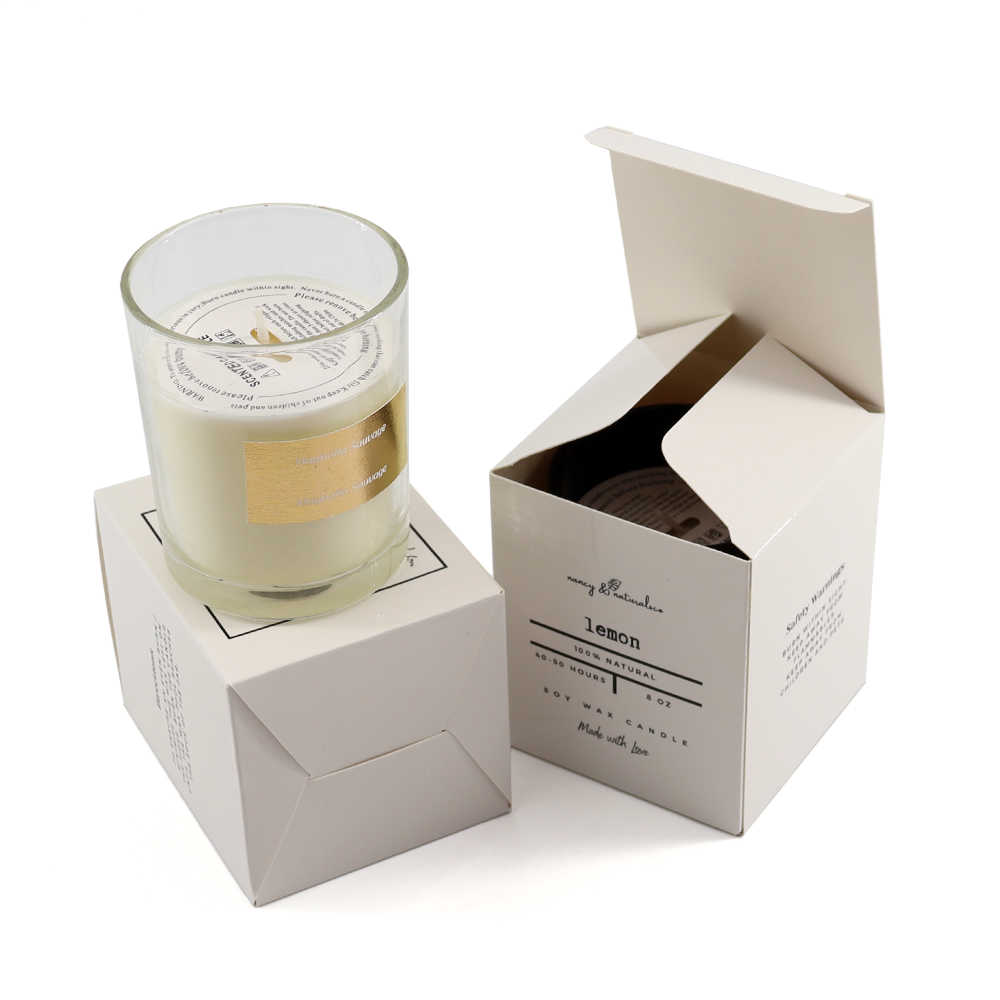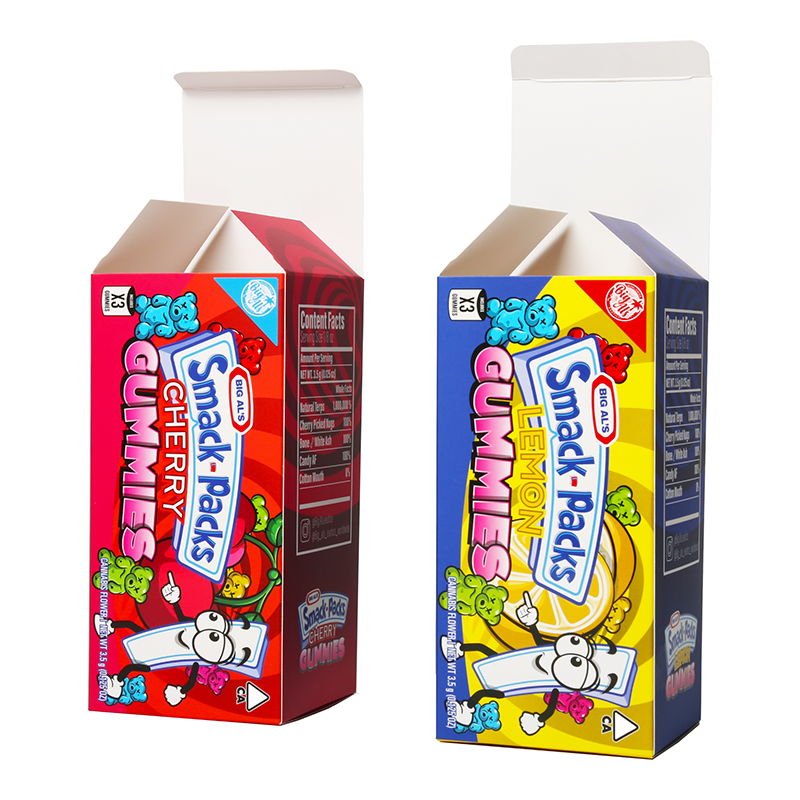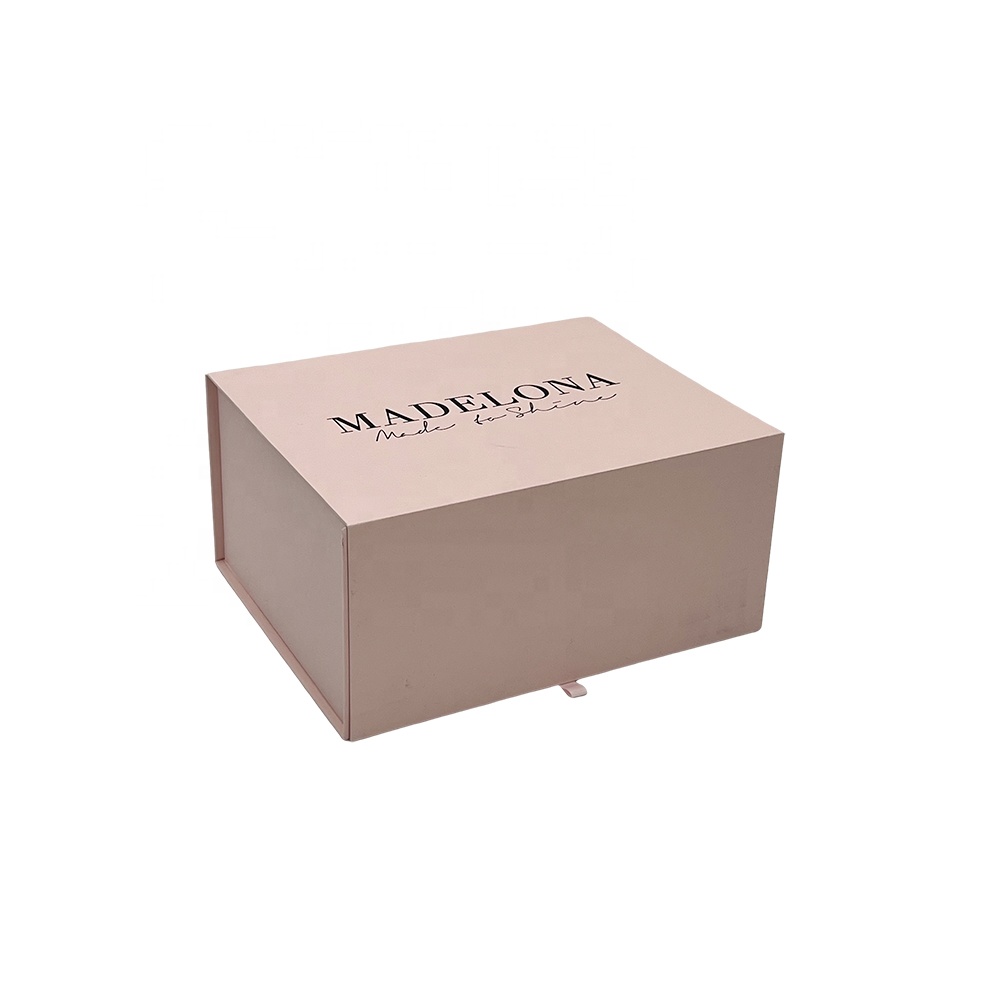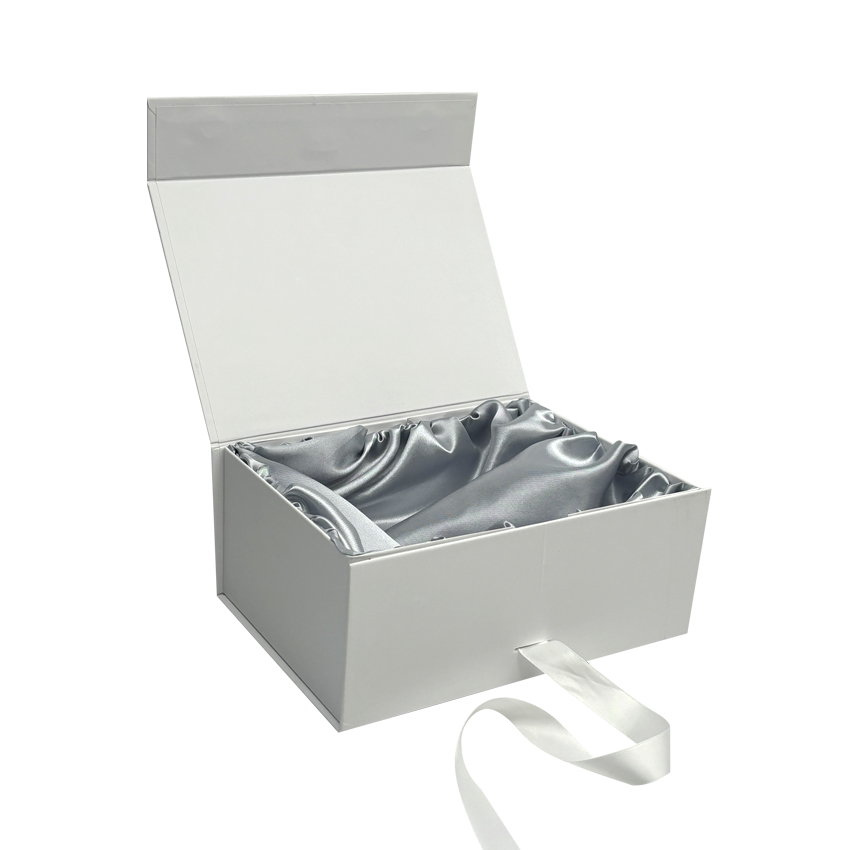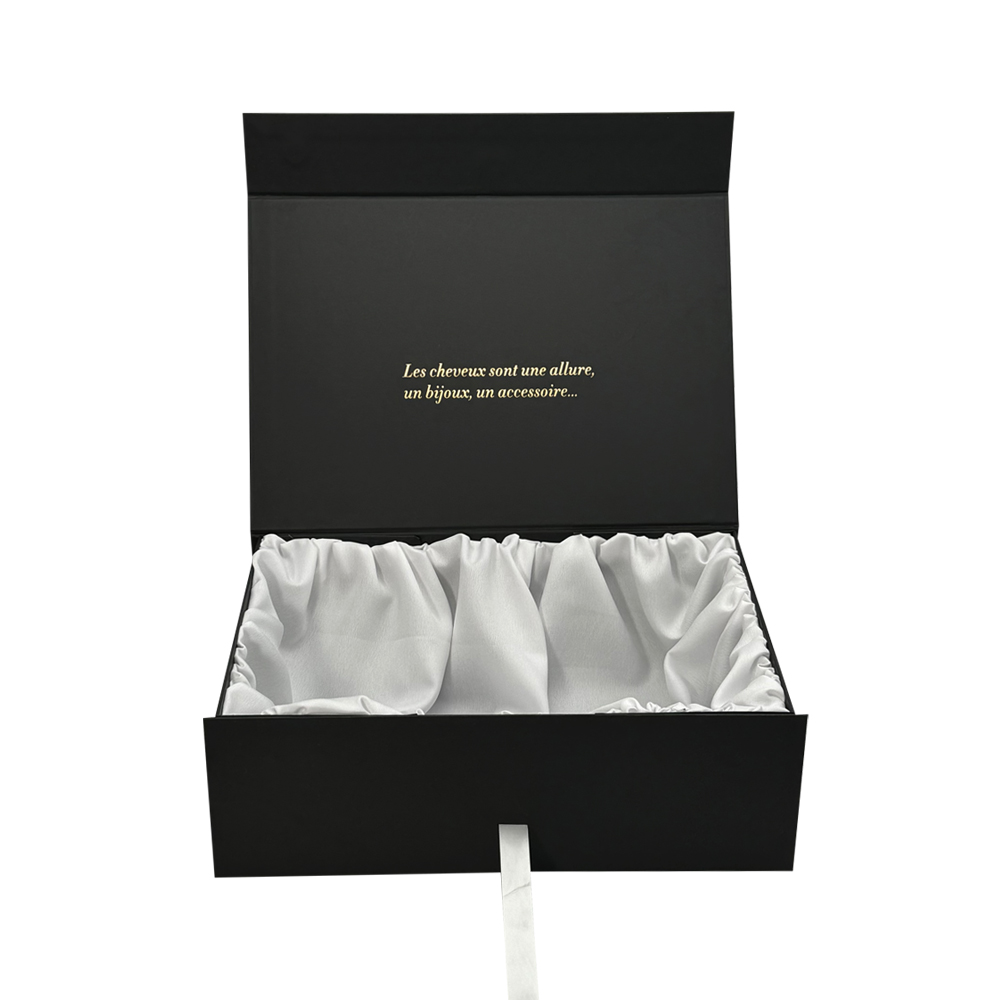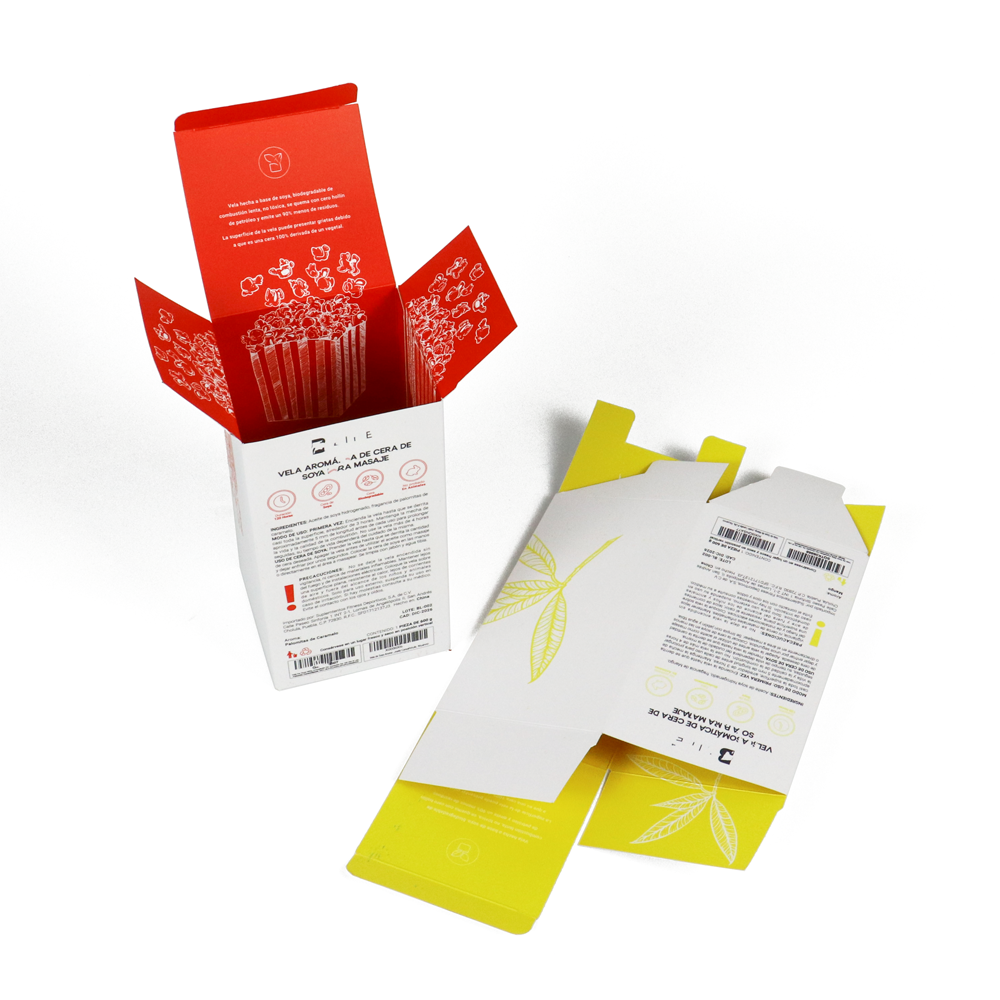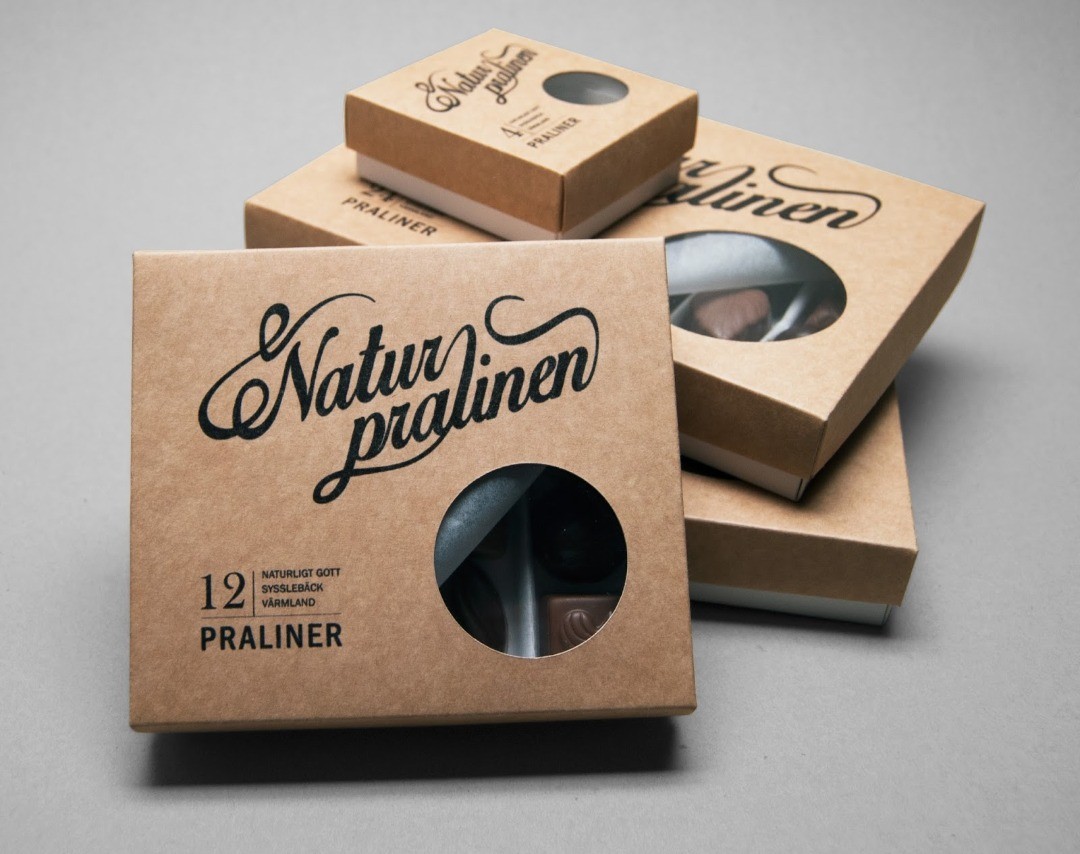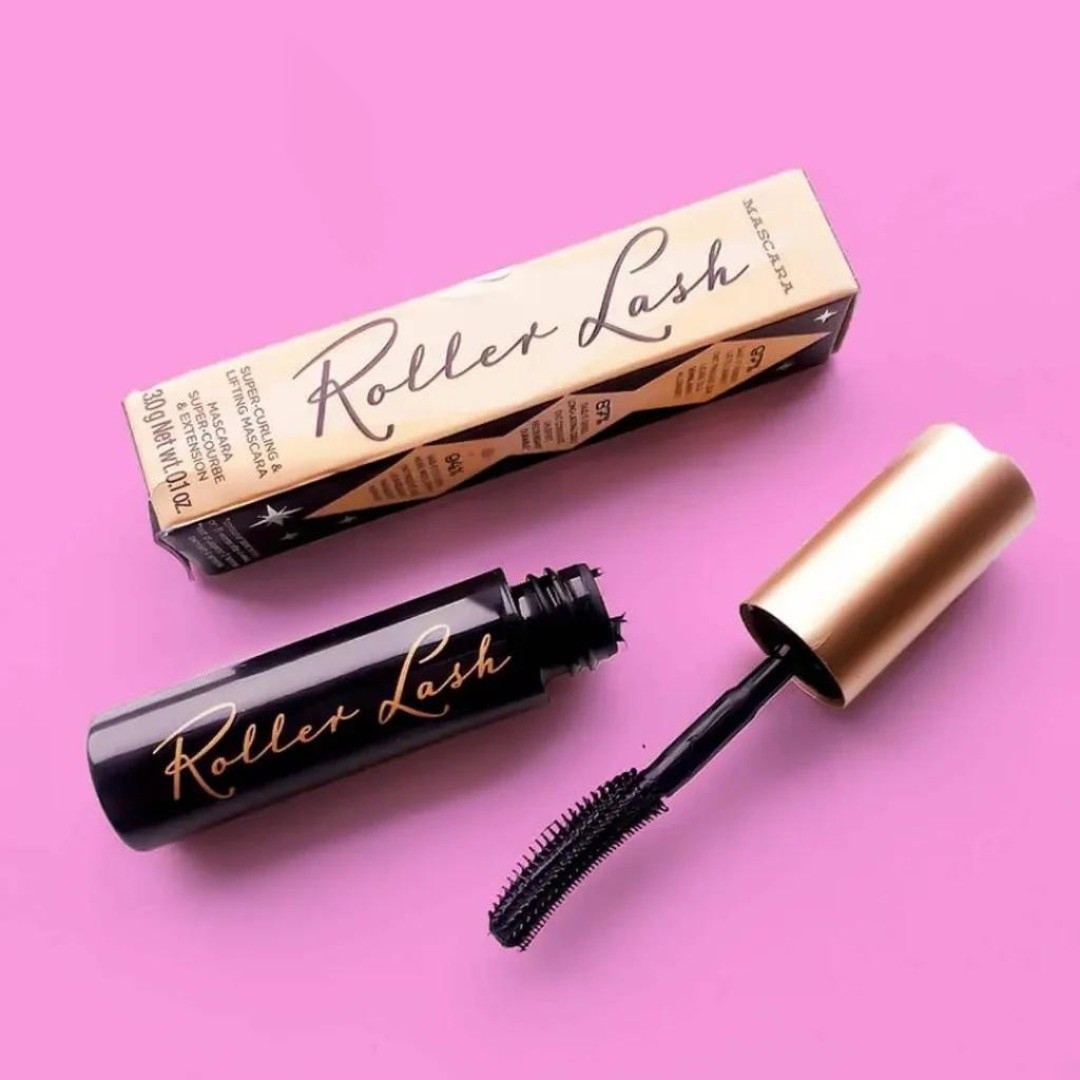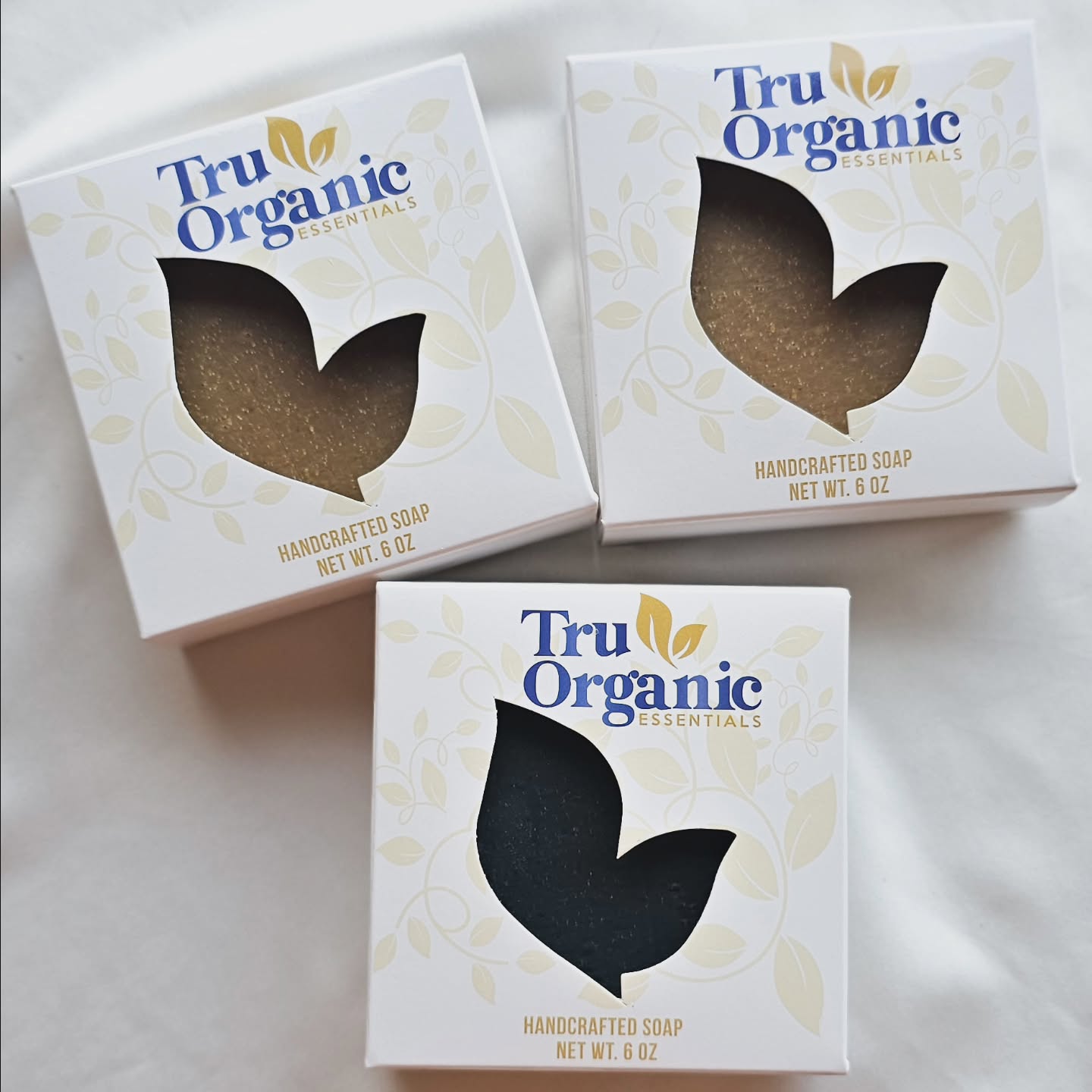جدول المحتويات
As a coffee or tea brand, you’re already committed to sourcing the best beans and leaves from reliable growers, all while emphasizing sustainability in your products. But have you considered the impact of your packaging? Your product’s packaging is not only crucial for protecting and storing your coffee or tea, but it also serves as an opportunity to showcase your brand’s values, especially if you’re looking to stand out in an increasingly competitive market.
Gone are the days when coffee beans and tea leaves were simply tossed into plain, unattractive bags. Today, consumers care more than ever about the brands they support, especially those that prioritize the planet. By combining custom packaging with eco-friendly materials, you can position your coffee or tea brand as both upscale and environmentally conscious. Whether you’re looking to refresh your packaging design for the season or need creative ideas for new products, here are 4 essential tips to consider when designing sustainable and appealing packaging.
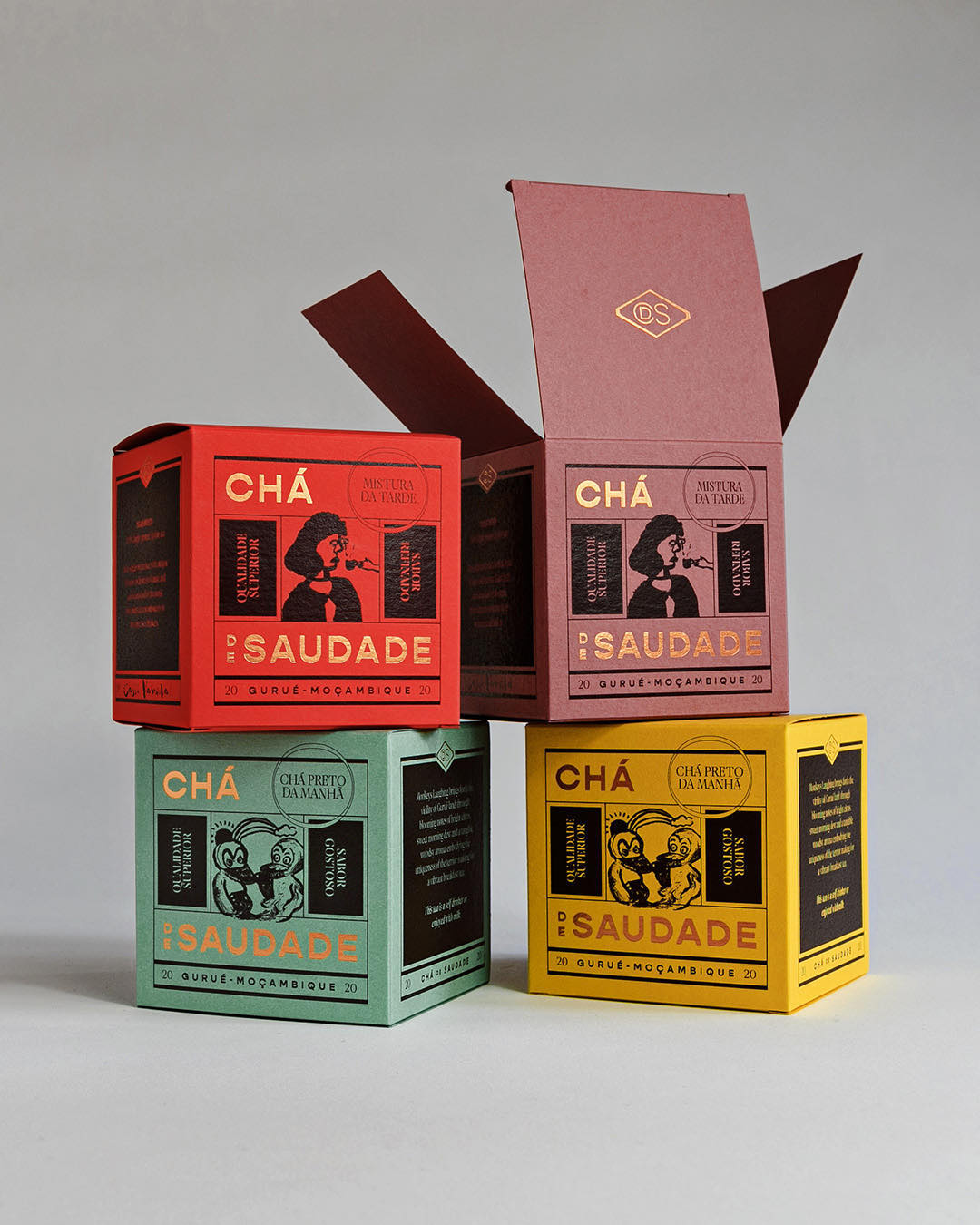
1. Focus on Sustainable Materials, Inks, and Finishes
When designing eco-friendly packaging, the choice of materials is key. Paper-based options such as kraft paper are recyclable and biodegradable, making them ideal for brands with sustainability at their core. These materials can be combined with other sustainable practices to enhance your brand’s eco-friendly image, all while ensuring your packaging remains functional and protective.
To take your sustainable packaging a step further, consider using soy-based or water-based inks. These eco-friendly inks are easy to recycle, and they ensure that your packaging can be reused or composted, making them an excellent choice for customers who prioritize green practices. Not only do they reduce environmental impact, but they also allow you to print your brand’s story in a way that resonates with your customers.
Laminating your packaging adds an extra layer of durability and protection, but traditional lamination often involves plastic, which isn’t ideal for sustainability. Instead, opt for aqueous varnishes or biodegradable lamination, which are water-based and offer the same level of protection as traditional plastic coatings. These green alternatives maintain your packaging’s integrity while being eco-conscious, making them a great option for environmentally aware brands.
2. Explore Creative Packaging Designs: Paper Tubes, Boxes, and Bags
When it comes to coffee and tea packaging, you don’t have to settle for the typical box or bag. To make your products stand out, consider opting for more creative shapes and designs like paper tubes, tray and sleeve boxes, or unique paper bags. These innovative packaging options not only catch the eye but also provide excellent protection for your products while they sit on store shelves.
Paper bags are an excellent choice for packaging coffee beans or loose tea leaves. However, to ensure the bags are protected during shipping, it’s recommended to place them inside an additional box for extra security. This extra layer not only protects the product but also elevates the unboxing experience for your customers.
If you’re packaging coffee pods or tea tins, consider using more sturdy options like corrugated mailers or rigid boxes. These boxes provide additional protection during transit and ensure that the contents arrive safely. You can also add custom inserts to keep your products neatly in place during shipping, offering an extra level of care and attention to detail.
3. Enhance Your Packaging with Sleeves and Stickers
If you’re working with glass containers or metal tins for your coffee or tea, adding personalized sleeves or stickers is a great way to elevate the design without the need for a complete redesign. Sleeves and stickers are affordable, customizable, and easy to apply to your existing packaging, making them a flexible option for brands that want to quickly switch up their look or add a unique branding touch.
Packaging sleeves work wonderfully for items like coffee beans, tea leaves, and even bottled beverages. These sleeves can be printed with your brand’s logo, product details, or artistic designs, and are a quick and simple way to personalize your products. Stickers, too, can be used creatively to make your packaging more engaging, and they are an excellent way to display your branding while also promoting limited-time offers or special events.
4. Get Creative with Your Packaging Design
Packaging is not just about protecting your product – it’s also a powerful marketing tool. Your coffee or tea packaging doesn’t have to rely on traditional colors or imagery. The more creative your design, the more attention it will attract. For instance, you don’t need to use brown or black colors just because you’re selling coffee, and tea doesn’t need to be depicted with images of ginger or lemon to represent its flavor. Strive to make your packaging stand out from the crowd.
For inspiration, take a look at brands like Atlas Coffee Club, whose packaging designs are inspired by the origin of the coffee itself. They chose to highlight vibrant, eye-catching patterns while keeping the essential product information on the side, allowing the design to shine. Similarly, GratiTea made a bold statement with their colorful tea packaging, using a gold-stamped logo that stands out, with each flavor represented by a different color scheme. These creative approaches not only attract attention but also give a premium feel to their products.
In a saturated market where consumers are presented with a wide variety of options, it’s essential to differentiate your brand and capture the attention of potential customers. Sustainable, creative packaging that looks visually stunning will help you attract and maintain a loyal customer base.
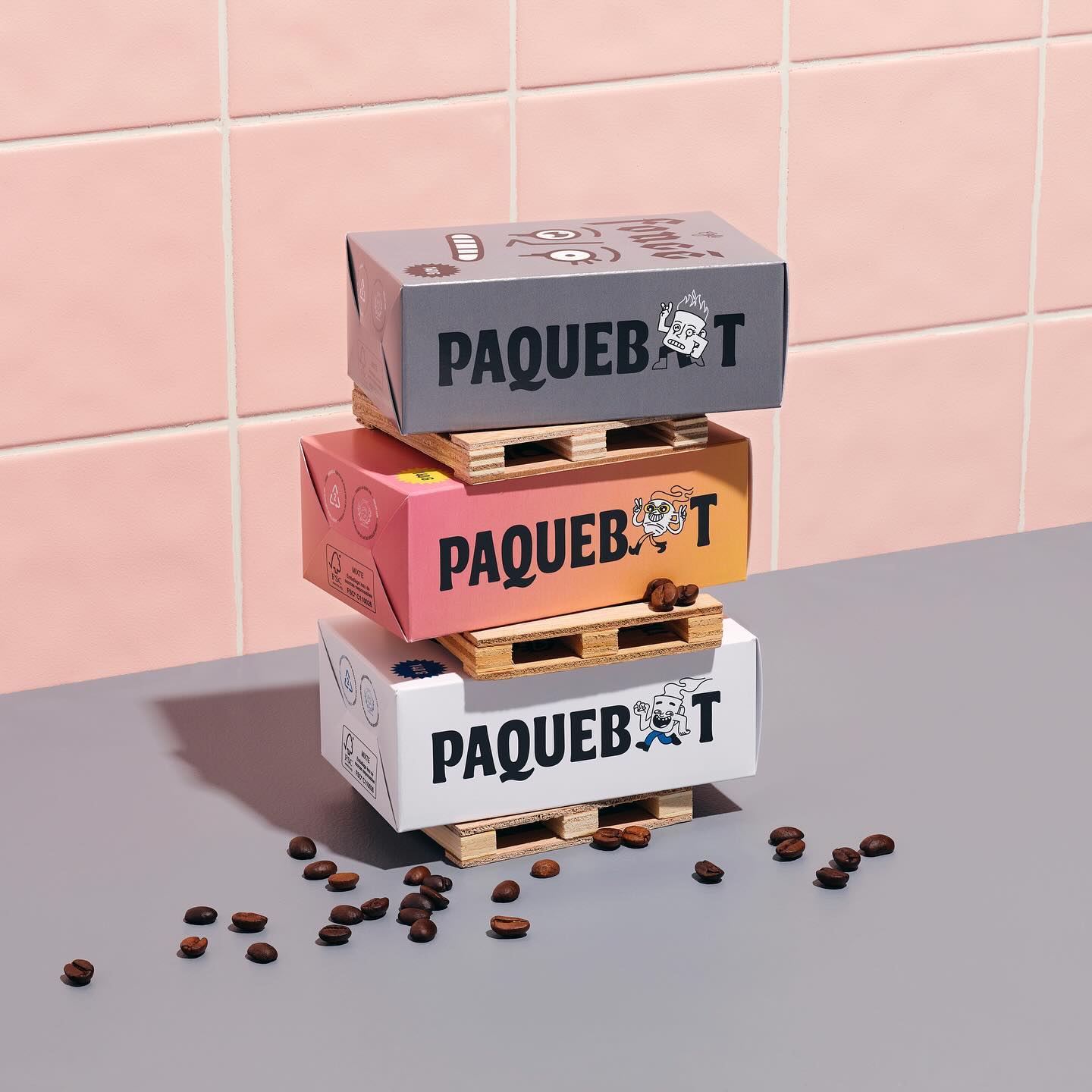
5. Add Functional and Eco-Friendly Packaging Features
While the design of your packaging plays a big role, functionality is just as important. Custom packaging allows you to ensure that your coffee or tea products are well protected and easy to store or ship. When you design your packaging, you have full control over the size and shape of the box, which ensures that your products fit perfectly and are safeguarded during transportation.
Additionally, consider using eco-friendly materials such as recycled paper or biodegradable plastics for your inserts and fillers. These materials help minimize environmental impact while ensuring the contents are secure. Offering recyclable or compostable packaging also appeals to eco-conscious consumers, showing that your brand cares about sustainability, not just the quality of the product inside.
6. Include A Personal Touch for Customer Engagement
Your packaging can be a wonderful way to communicate with your customers, allowing you to share your brand’s story, your values, and any information about the products they’ve purchased. Including a personalized thank-you note or sharing insights about the origins of your coffee or tea can make customers feel special and valued. These small touches can make a big difference in creating an emotional connection with your audience.
Many brands also use their packaging to promote causes or sustainability efforts, encouraging customers to engage with the brand on a deeper level. This could include supporting NGOs, using eco-friendly materials, or encouraging customers to recycle their packaging. Even without words, the design, quality, and materials of your packaging can communicate your brand’s values and mission, giving your customers a sense of belonging and pride in supporting your brand.
7. Packaging as a Marketing Tool
Don’t forget that your packaging can also function as a powerful marketing tool. Unique, creative packaging that tells a story can inspire customers to share their experience on social media, offering free exposure for your brand. It’s essential to make your packaging as engaging as possible because it’s not just a protective cover – it’s an opportunity to turn your customers into brand advocates.
In addition, customized packaging that stands out on store shelves or in online photos can attract more attention and make your products more memorable. Think of it as a silent salesperson, working 24/7 to promote your brand and products long after the transaction has been completed.
Conclusion: Make Your Coffee and Tea Packaging Stand Out with Creativity and Sustainability
As a coffee or tea brand, creating an exceptional customer experience goes far beyond just delivering a great product. Sustainable, creative packaging is an essential component of your branding strategy. It helps protect your product, creates a memorable unboxing experience, and enhances your brand’s image as eco-friendly and innovative.
By choosing sustainable materials, using creative designs, and adding personalized touches, you can make your packaging a standout feature that sets your brand apart from the competition. Whether you’re rethinking your existing packaging or launching a new product line, the right packaging can attract customers, build brand loyalty, and improve your bottom line.
Get started today by exploring our packaging solutions or contacting us for expert guidance on creating the perfect packaging for your coffee or tea products. Start making your brand more memorable, one package at a time!
الأسئلة الشائعة
What makes packaging eco-friendly?
Eco-friendly packaging uses sustainable materials, such as recycled paper, biodegradable plastics, or compostable options, to reduce environmental impact. It also incorporates water-based inks and eco-friendly finishes to make the entire process more sustainable.
How can custom packaging boost my sales?
Custom packaging makes your product more appealing to consumers, helping it stand out in a crowded market. A creative and eye -catching design can influence purchasing decisions, while eco-friendly packaging can attract environmentally conscious customers.
What are the best packaging options for coffee and tea products?
For coffee and tea, eco-friendly packaging options include paper bags, paper tubes, rigid boxes, and corrugated mailers. Each option provides different levels of protection and visual appeal, depending on your product and target market. Using a combination of these materials can help enhance the overall unboxing experience and product presentation.

